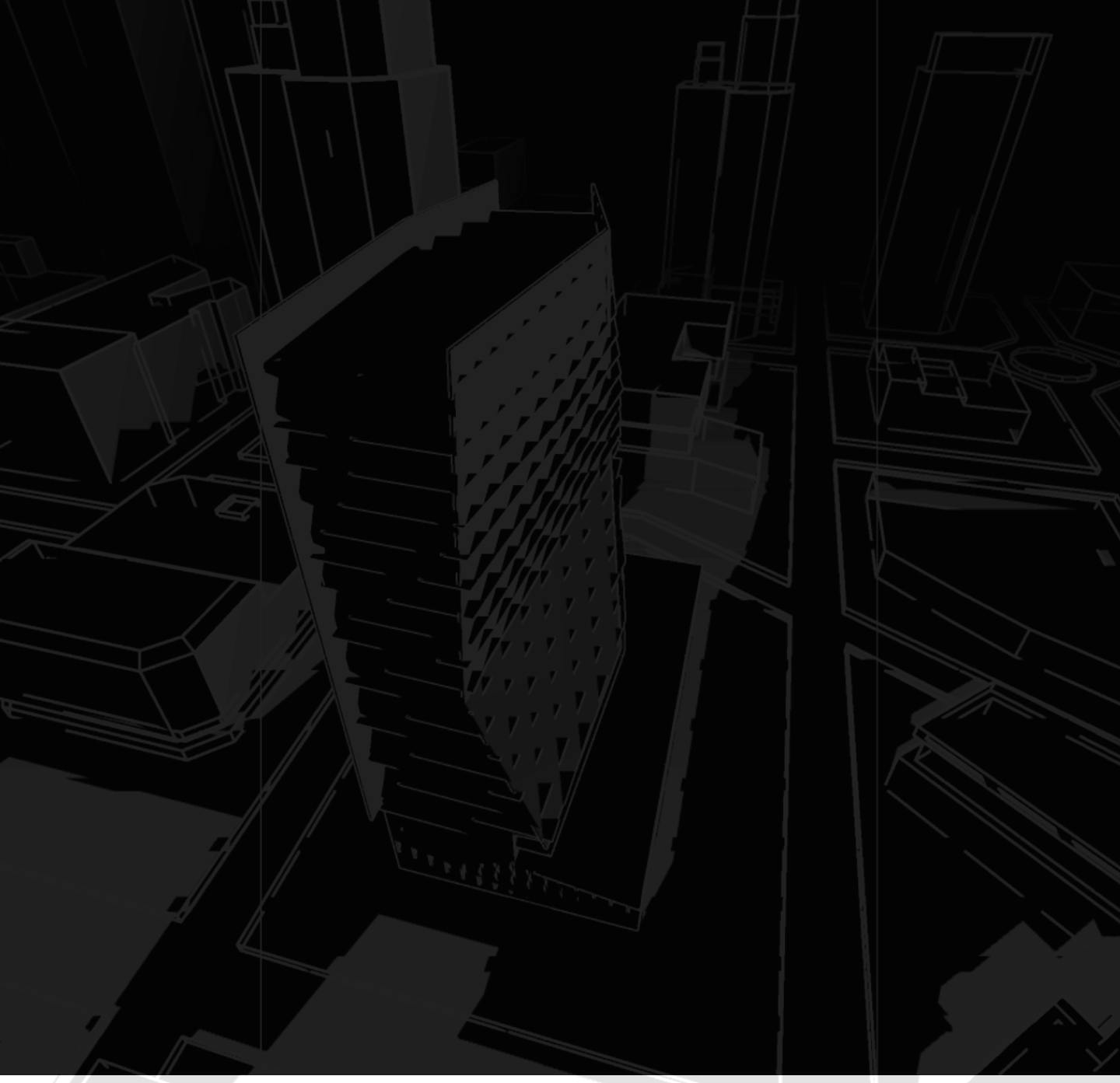Product development is one of the most complicated processes in a business, full of complex trade-offs, coordination of multiple teams, and navigation of different levels of expertise.
So far, this process has been managed using a range of static tools and platforms to keep people on the same page and present an overview of the entire project. However, using static tools for a process that is constantly changing isn’t a long-term solution. A complex process needs a solution capable of solving complex problems while remaining user-friendly.
We have that tool in AI.
cove.tool Solving Complex Problems with AI
We’ve been using AI to solve complex problems and analyze enormous amounts of data for a while. But with the addition of generative large language models, like GPT-4, we bring it within reach of any employee, not just tech experts.
Companies can train an AI on their unstructured data to establish a general knowledge base around company practices, past projects, etc. This database, in concert with the capabilities of the AI’s large language model, creates a virtual assistant that employees can interact with throughout the development process.
At cove.tool we’re using AI in our product development roadmap to help optimize architect workflows and reach our goals of enhancing decision making and promoting sustainable design.
AI and Product Development
Here are 3 ways AI can make the product development process easier for everyone:
Navigate complex trade-offs
A product must meet a lot of needs while balancing the capabilities of available teams, staying on budget and working under a deadline. A change in one area can completely rearrange the work of others.
Product managers are responsible for finding the best path forward, making complex decisions about what features to prioritize, how to keep stakeholders appeased, and what can be accomplished with the time and resources given.
Essentially, there are a lot of variables that lead to many outcomes and maintaining priorities is difficult. AI is great at analyzing large amounts of data and identifying patterns and can assist in forecasting various iterations of a product using different inputs.
For example, our team at cove.tool wanted to create a tool that could help building and architect professionals lower the carbon footprint of their projects by providing them with real-time access to product information of all the different building materials. But what would that actually look like?
Fill in knowledge gaps
Each team in product development has its own skills and goals. Design teams want a product that is easy to use. Engineering teams want a product that is easy to build and designed in a way that is easy to upgrade and maintain.
These differences often lead to gaps or obstacles in the development process. Design may ask for a specific feature, only for engineering to say it would add three weeks to the process because they need to build an additional component. Or engineering may look at a design doc and notice there isn’t a mock-up for an error message, so they will need to go back and ask design to create one.
The problem is you don’t know what you don’t know. Each team is skilled in a particular area, and seamlessly bringing everyone together is difficult without a thorough understanding of each skill set. AIs with a general knowledge of the company and process can gain that understanding and act as personas to help other teams spot gaps in the work.
Design could submit a document and ask the AI to look at it from a software engineer perspective to see what questions they may have. The AI could then analyze the design doc, compare it to the ones in its database, look for specifications engineering has asked for in the past, and pass those back to design.
Speed up production
Design docs are the source of truth for any product and one of the most important elements of the product development process. They also change a lot, and managing those changes is one of the most time-consuming product management tasks.
There are tons of tools that help create design docs, enabling them to make changes, add tasks, reprioritize, etc., but there is still a large manual element to their use, and it requires learning the software. AI can remove that manual element, forecast how changes will affect other tasks, and see what additional information or resources might be required.
Instead of going into management software, navigating to the right part of the design document and making the changes themselves, a product manager could simply prompt the AI with the needed changes and ask for a revised design document. They’ll have a new one in minutes.
AI Powered and Created By AI
cove.tool's AI, Vitras.ai, is not only powered by cove.tool, but this first-of-its-kind tool was also created by cove.tool. Utilizing the same trusted and validated artificial intelligence engines we use to power our consulting services, combined with analysis.tool software, our research and development team created Vitras.ai. This inception showcases that cove.tool’s AI systems can both power intellectual foundations for architecture technology and create a larger, equally efficient tool to help architects design efficiently and with confidence.
Integrating AI into Architecture
Integrating AI into the product development process represents a significant step forward in streamlining and enhancing efficiencies across the various stages of project management. Current basic tools fall short of addressing the AEC industry's growing needs. By leveraging AI, leaders can empower employees at all levels to access invaluable assistance, accelerate project timelines, and foster better collaboration and innovation.
cove.tool recently launched its latest solution that does just this. Designed for architecture firms of all sizes, Vitras.ai optimizes operations and saves the time and money spent on manual, repetitive tasks. The new AI-driven platform will revolutionize the architecture industry by drastically improving the process of performing zoning studies, cost estimations, and climate analyses.
